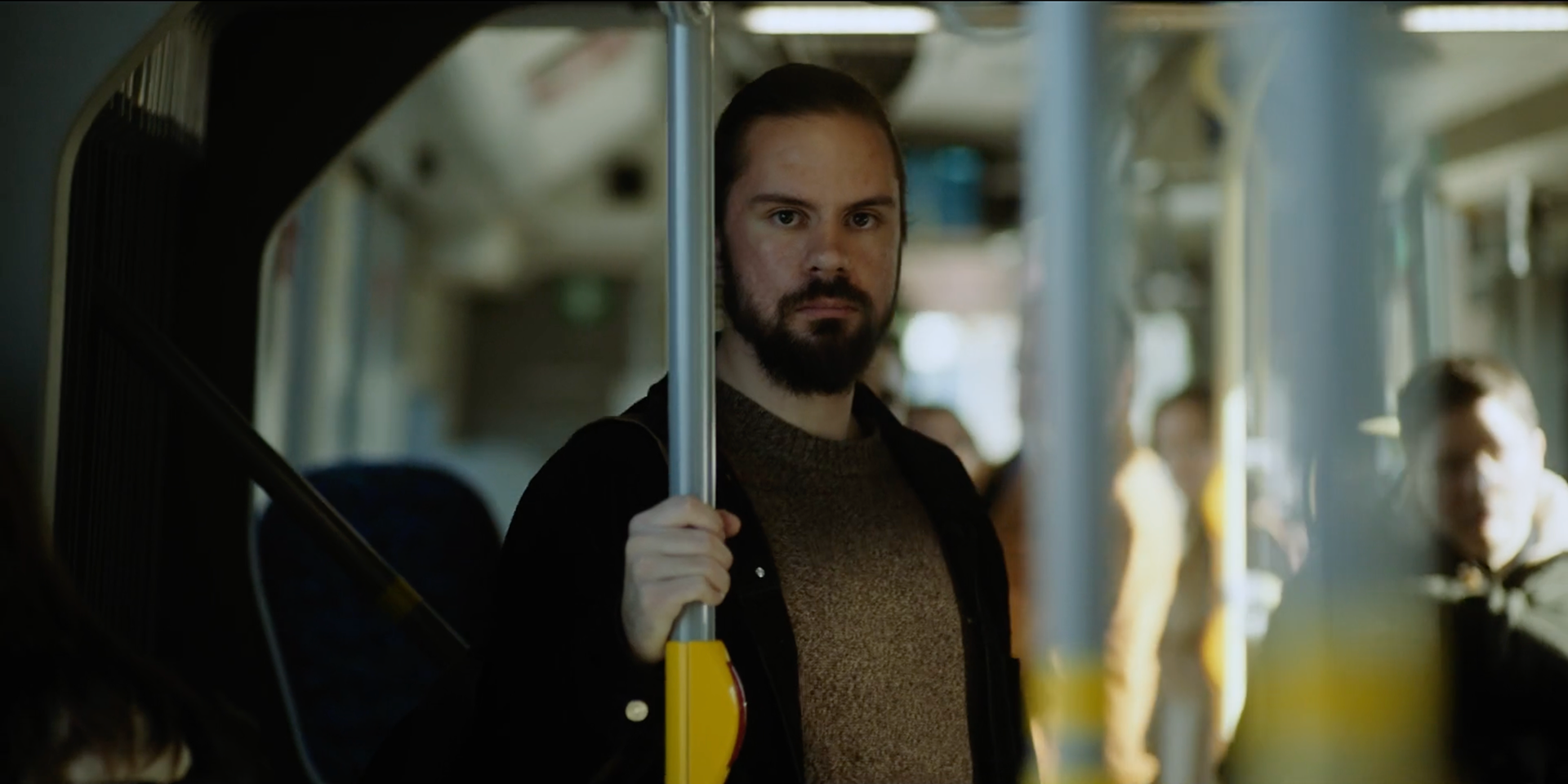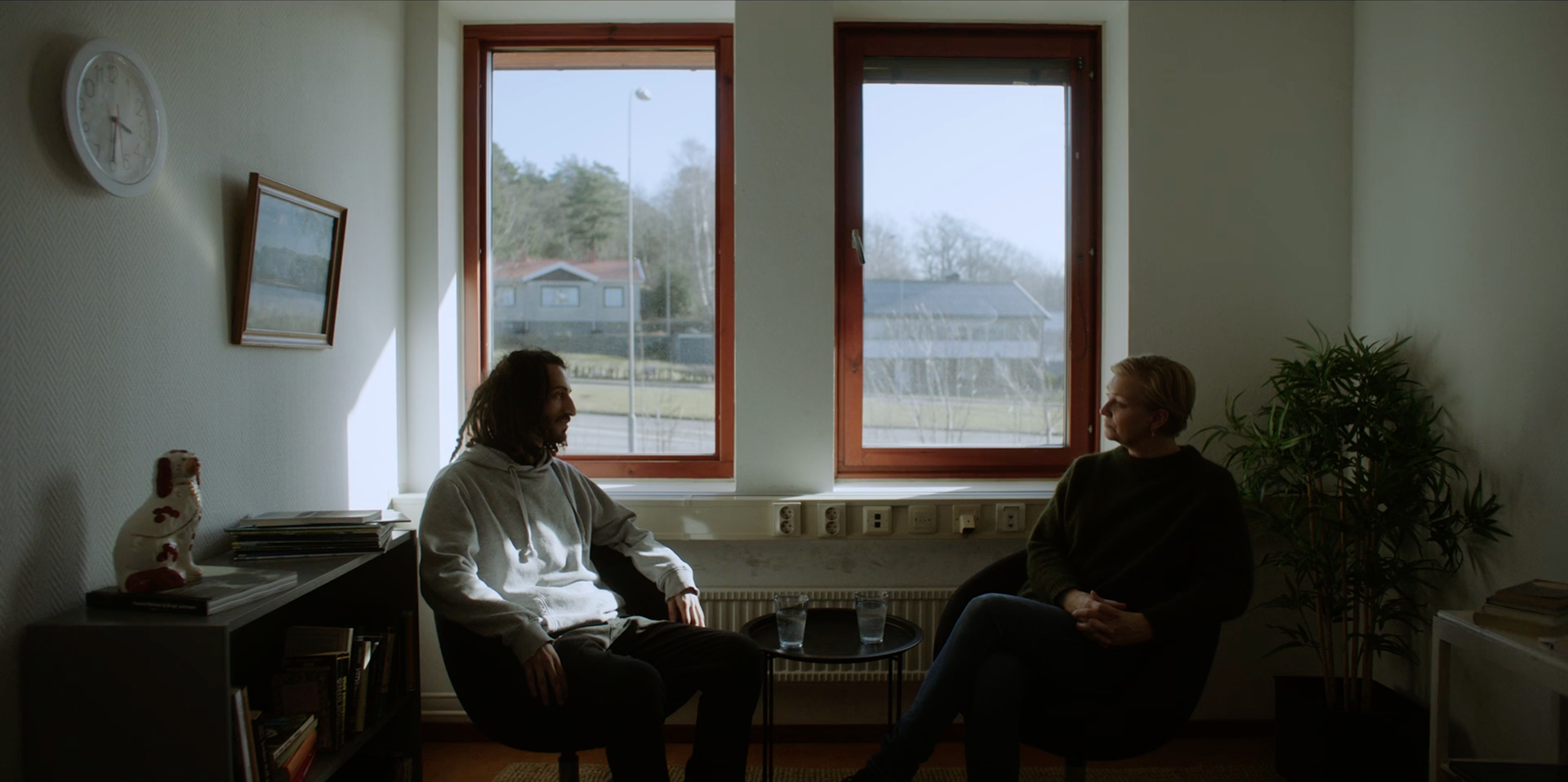Synopsis
In one of the posh offices of Sweden, a newcomer confidently steps into what appears to be an ordinary job interview. Yet, as reality blurs with imagination, he grapples with a profound sense of displacement, and what unfolds on the other side is a transformation he hadn't sought, one that proves invaluable.
In one of the posh offices of Sweden, a newcomer confidently steps into what appears to be an ordinary job interview. Yet, as reality blurs with imagination, he grapples with a profound sense of displacement, and what unfolds on the other side is a transformation he hadn't sought, one that proves invaluable.

